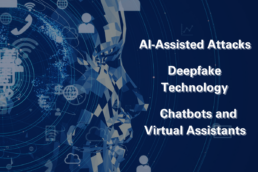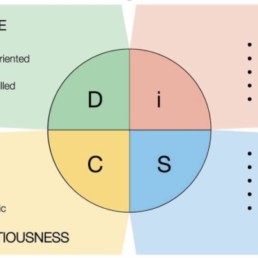Security Through Education
Learn how to understand the science behind the psychological, physiological and artistic aspects of human communications.
This is an online resource for security professionals, adversarial simulators (pentesters), as well as enthusiasts. However, you may be asking, “What is Social Engineering?” It’s a blend of science, psychology and art. And, while it is amazing and complex, it is also very simple.
We define social engineering as, “Any act that influences a person to take an action that may or may not be in their best interest” (Christopher Hadnagy, Social Engineering: The Science of Human Hacking. 2nd ed. Hoboken, NJ: Wiley Publishing, 2018). We define it in very broad and general terms because we feel that social engineering is not always negative. It can also encompass how we communicate with our parents, therapists, children, spouses, and others.
Social-Engineer Blog
Educational content about everything from social engineering to psychology.
Social-Engineer Podcast
Home of the Human Element Series and the SEcurity Awareness Series
Social-Engineer Newsletter
Monthly article that delves deep into social engineering topics.
The Podcast
The Social-Engineer Podcast is a semimonthly discussion hosted by a panel of security experts that make up the SEORG Crew. We include guests from diverse backgrounds to discuss human behavior and its implications for information security.
Latest From The Blog
March 19, 2024
Impersonating Confidence
February 20, 2024
Artificial Intelligence: The Evolution of Social Engineering
Newsletters
The Many Hats of a Social Engineer
March 9, 2022
Social Engineering from the Attacker Perspective
February 9, 2022
Authentically Inauthentic
January 5, 2022
Burnout in the Cybersecurity Community
December 8, 2021
Understanding Communication Styles
November 3, 2021
My Experience in APSE
October 6, 2021
Pick Your Vishing Avatar
September 8, 2021
Event Updates
The Social-Engineer Framework
The Social-Engineer Framework is a searchable information resource for people wishing to learn more about the psychological, physical and historical aspects of social engineering.















